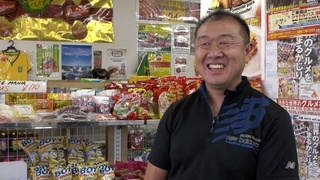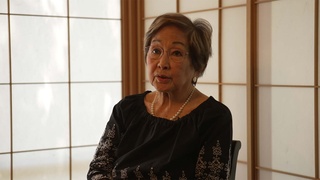Interviews
Proud of having been involved in human resource development
Another thing I did was to establish the Japan-Brazil Exchange Association, which brought 750 Japanese students to Brazil over the 25 years from 1981 to 2005 to study and work there for a year. I accepted about 30 of them and provided them with scholarships to study.
Yes, it was a mixed bag, some good and some bad, but three of the 30 people did doctoral studies in Japan, and three became university professors. Some joined the Ministry of Foreign Affairs, and others joined the Japan Foundation. If there is anything I can be proud of in my life, it would be that I have been involved in education, or human resource development. The work at the Immigration Museum was important, and I think CIATE's support for Brazilians going to Japan to work was also important, but I don't think it was education or human resource development that I could be proud of.
Date: September 19, 2019
Location: California, US
Interviewer: Yoko Nishimura
Contributed by: Watase Media Arts Center, Japanese American National Museum







